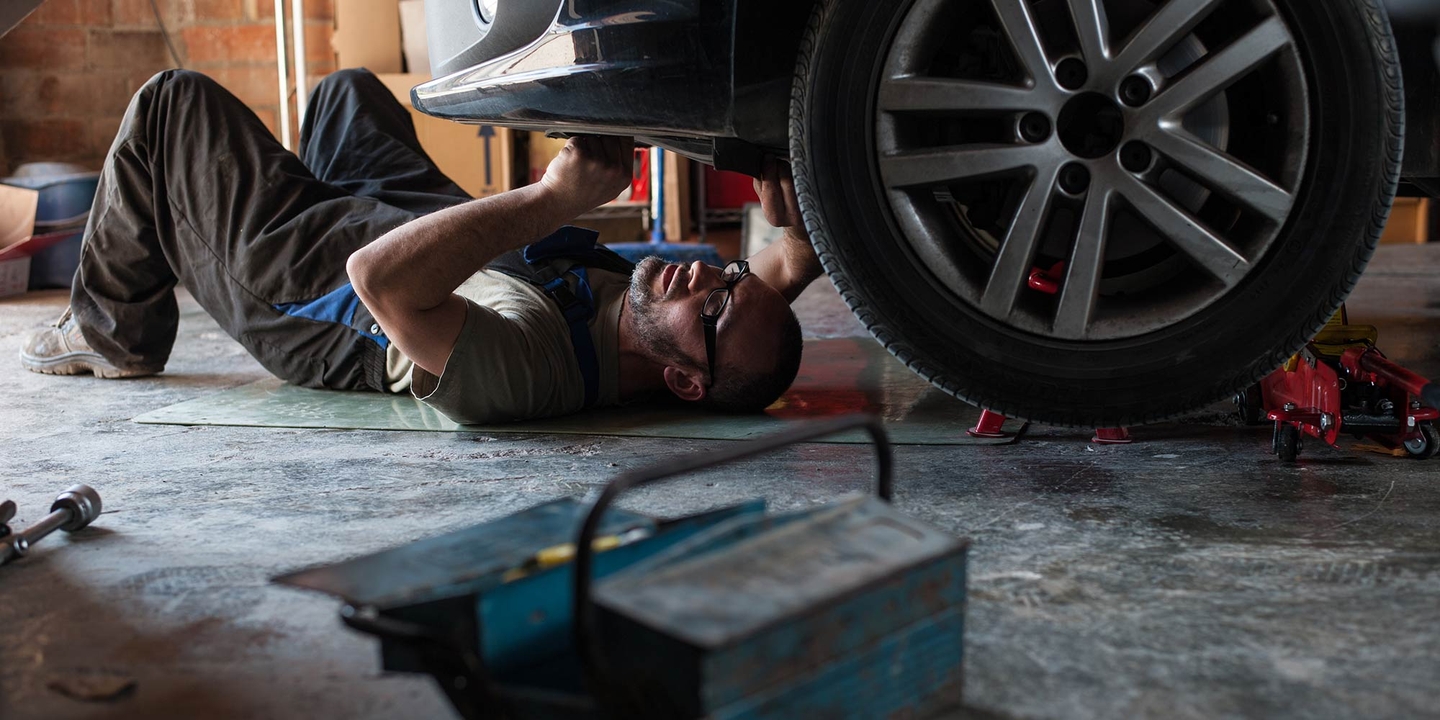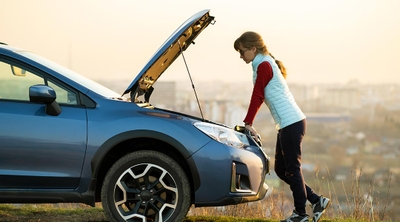How to make your car last longer
3 min read
Whether buying a new or used car, you’re dropping a minimum of four digits. You’ll want to protect that kind of investment. Luckily, there are simple things you can do to make your car last longer. The difference between a ride that makes it 100,000 miles and one that pushes 200,000 could be quite a few years of driving, which means money in your pocket.
How to maintain your car to last many years
1. Wash your car frequently
A good scrubbing can help make your car last longer. Dirt build-up is detrimental to your car’s paint job. Deteriorating paint leads to the slow destruction of the body underneath. Allowing the body to rust and corrode is like releasing termites in a house, as the damage can slowly spread to the most important elements. How often you wash your car depends on various factors.
Do you park outside? How’s the weather where you live? Do you have a long commute during which pollen, bugs, and more fall on your car? Figure out if your car is more at risk and go from there. For most, we’d say washing your car once a month is fine. Learn more about how often to wash your car.
2. Change the oil and air filter
Most people fall into one of two categories regarding oil changes. Either they get one every 3,000 miles like clockwork or push it until one of those “oh no” moments. To find the best schedule for regular oil changes, check your owner’s manual. Most manufacturers suggest every 5,000 miles. If you push it too far, your oil will become dirty, which can spell disaster for the essential components of your engine.
The car’s air filter filters out dirt and debris, which can seriously harm your engine and chop years off its life. Changing the air filter consistently is a cheap and easy way to keep your engine humming. Check your manual but expect to change it every 15,000 to 20,000 miles.
3. Avoid bad driving habits
Turning at high speeds, accelerating too fast, and braking hard can do a number on your tires, which means they’ll lose tread and need rotating sooner. Braking hard leads to the deterioration of your brake pads. Bad driving habits also stress several car components, which will shorten their life. Strong acceleration isn’t the worst thing, but if you’re doing it all the time (and when the engine is cold), you’re harming parts of the engine. Learn how to tell when you need new brakes.
4. Pay attention to your tires
Your tires are the legs your car stands on, and when they’re not right, the car’s structural integrity is compromised. Keeping your tires inflated to the recommended pressure can prevent blowouts and uneven wear.
Regularly rotating your tires is also important. Tires naturally wear unevenly, and if you don’t rotate them, you’re reducing the overall life of those tires. You could even put your wheels and the rest of the car at greater risk every time you drive. Learn more tire maintenance tips like how to read tire numbers, checking your tire tread and alignment.
5. Pay attention to maintenance lights
One of the best things you can do to make your car last longer is to nip problems in the bud. That check engine light is probably nothing major, but get it checked. All those new noises and unfamiliar rattles are warning signs. If you pay attention to them, your car will thank you with a longer life. A rattle today could be a snapped timing belt tomorrow.
6. Use your parking brake
When you put your transmission in park, a parking pawl in your engine locks the transmission. That’s all fine and good, but when you park on an incline, this can stress that part. While rare, the pawl can break and become dislodged. A parking brake is a far more secure option, and it will keep your car from rolling away if the pawl fails or someone hits your car. Also, if you don’t use the parking brake, the brake cables can age poorly and snap when needed. Ensure you disengage the emergency brake when you start driving, or you’ll have more problems.
While you may not be able to keep your car running forever, following car ownership tips can keep your vehicle on the road for a long time.




